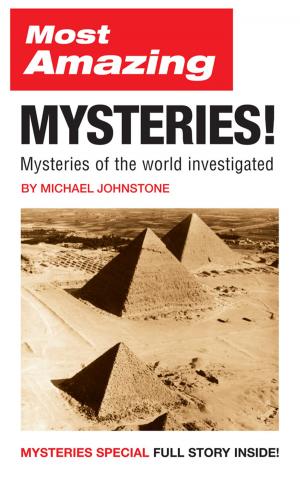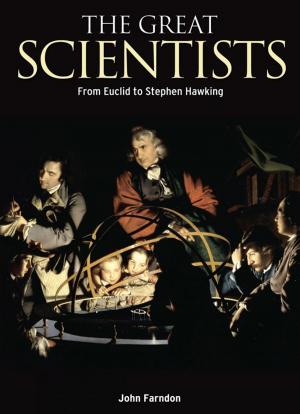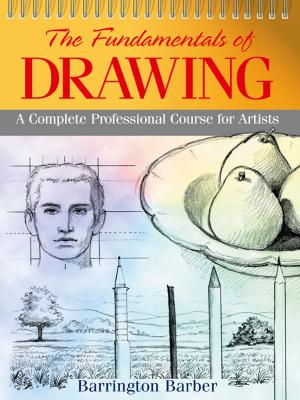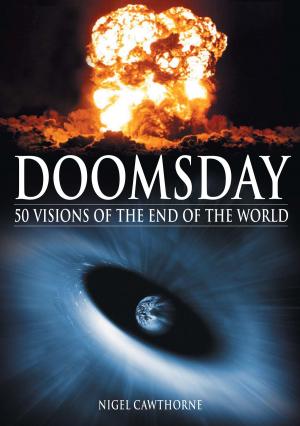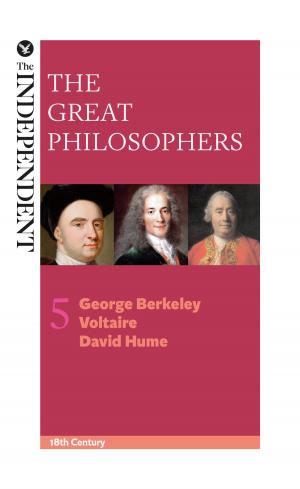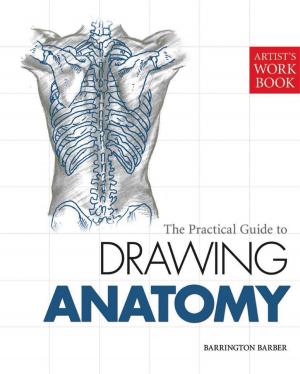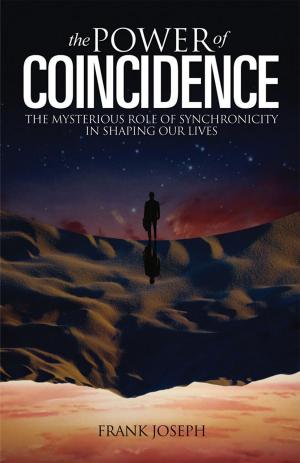Stalin
The Murderous Career of the Red Tsar [Fully Illustrated]
Nonfiction, History, Scandinavia, Revolutionary| Author: | Nigel Cawthorne | ISBN: | 9781848587939 |
| Publisher: | Arcturus Publishing | Publication: | April 1, 2011 |
| Imprint: | Arcturus | Language: | English |
| Author: | Nigel Cawthorne |
| ISBN: | 9781848587939 |
| Publisher: | Arcturus Publishing |
| Publication: | April 1, 2011 |
| Imprint: | Arcturus |
| Language: | English |
Born Josef Dzhugashvili in Gori, Georgia in 1879, the young Stalin studied to become a priest whilst secretly reading the works of Karl Marx. Politics was to become his religion and between 1902 and 1913 he was arrested for revolutionary activities and exiled to Siberia eight times, escaping on seven occasions. Following the Revolution he employed a cocktail of charm and ruthless cunning to slither up the treacherous Communist Party hierarchy, often by taking posts that nobody wanted which enabled him to build up a power base virtually unnoticed, until, with perfect timing, he was in a position to take over the Party leadership from Lenin when he died in 1924. Surrounding himself with terrified yes-men and trusting absolutely nobody, he was dictator of the Soviet Union from the late 1920s until his death in 1953. In that time he defeated Hitler, out-maneuvered all his rivals and forged a mighty and vast empire of over 800 million people from a patchwork of poor countries which included Russia itself, working on his simple premise of "Death is the solution to all problems. No man - no problem." The human cost was enormous, but this never troubled his conscience. Peasants who resisted his policy of collectivisation were denounced as kulaks and either arrested and shot, exiled or worked to death in the Gulag, his ever-expanding network of concentration camps. Nobody, not even his friends, family or allies were safe. Yet despite all this, he was worshipped by millions as a great leader, although he had more blood on his hands than Hitler, Mao Zedong and Pol Pot put together.
Born Josef Dzhugashvili in Gori, Georgia in 1879, the young Stalin studied to become a priest whilst secretly reading the works of Karl Marx. Politics was to become his religion and between 1902 and 1913 he was arrested for revolutionary activities and exiled to Siberia eight times, escaping on seven occasions. Following the Revolution he employed a cocktail of charm and ruthless cunning to slither up the treacherous Communist Party hierarchy, often by taking posts that nobody wanted which enabled him to build up a power base virtually unnoticed, until, with perfect timing, he was in a position to take over the Party leadership from Lenin when he died in 1924. Surrounding himself with terrified yes-men and trusting absolutely nobody, he was dictator of the Soviet Union from the late 1920s until his death in 1953. In that time he defeated Hitler, out-maneuvered all his rivals and forged a mighty and vast empire of over 800 million people from a patchwork of poor countries which included Russia itself, working on his simple premise of "Death is the solution to all problems. No man - no problem." The human cost was enormous, but this never troubled his conscience. Peasants who resisted his policy of collectivisation were denounced as kulaks and either arrested and shot, exiled or worked to death in the Gulag, his ever-expanding network of concentration camps. Nobody, not even his friends, family or allies were safe. Yet despite all this, he was worshipped by millions as a great leader, although he had more blood on his hands than Hitler, Mao Zedong and Pol Pot put together.

